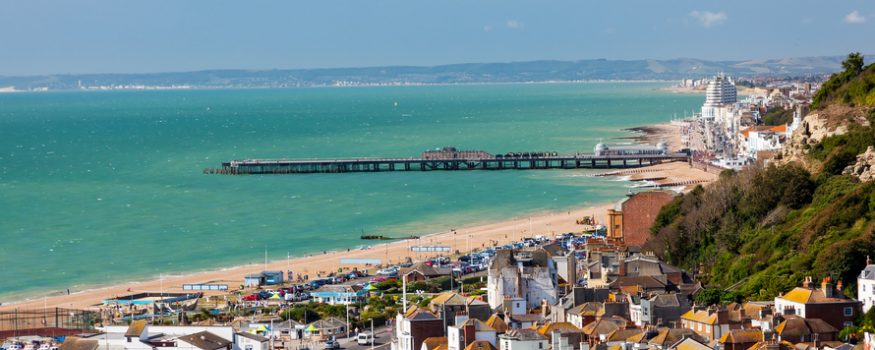The Lords Select Committee on Regenerating Seaside Towns and Communities has published its report following its industry consultation last year.
The comprehensive report contains a large number of tourism-related recommendations as follows:
Tourism Action Zones
The Committee are supportive of the Tourism Action Zones as proposed in the Tourism Sector Deal, and recommends that any initial designation of Tourism Action Zones must include seaside towns and that the deal gives full account the the important role played by seaside towns in the tourism industry.
The Tourism Action Zones must include prioritisation of infrastructure provision (both digital and transport), access to support and research to help develop tourism products, and support for local businesses to develop the digital skills required to reach new markets and remain competitive.
The report recognises that seaside towns need to be able to invest in the buildings and assets that make them unique, and therefore Tourism Action Zones should include greater freedoms for local authorities to access funds for projects to improve the public realm and other cultural and heritage assets.
VAT
The Committee has recommended that Government undertakes further research into the potential impact of cutting VAT on tourism related activities. The issue of tourism VAT should be kept under review and Government could consider pilot areas where the impact of a VAT reduction on tourism related activities could be assessed.
Transport
The Committee recommends that the Department for Transport prioritise improvements to the coastal transport network when taking decisions on planning and investment. This should be informed by a detailed review of the coastal transport network, including an assessment of where improved transport connectivity would have the most socio-economic benefits.
Heritage
The Committee considers that the restoration and enhancement of the public realm and cultural heritage assets through capital investment is of paramount importance in supporting the wider economy in seaside towns, and recommends that the Government includes this in their ongoing review of local authority resources.
Broadband
The Committee recommends that the Government should promote initiatives to support digital connectivity in coastal communities, and undertake a full programme of engagement with local authorities, LEPs, and businesses in these communities to better understand the challenges.
Local Enterprise Partnerships (LEPs)
The Committee recommends that LEPs are given a specific requirement to support the needs of deprived seaside towns and communities, and to support the regeneration and redevelopment in these areas.
Coastal Communities Fund (CCF)
The Committee recommends that Government continues to provide a dedicated source of funding for coastal communities, beyond the completion of the latest round which is due to end in 2021.
Government Support
The Committee recommends that Government takes a more strategic approach to the coordination of coastal communities policy at official level, and across different departments. Reinstating the cross-Whitehall official level meeting to discuss coastal communities would be a first step to achieving this.
Enterprise Zones
The Committee recommends that the Government, in consultation with coastal local authorities and LEPs, reviews the current Enterprise Zone scheme to build a distinct package of measures aimed at supporting struggling seaside towns in promoting local economic activity.
The Committee also recommends that new Enterprise Zones be created in coastal locations. The support offered should be tailored to meet the specific needs of seaside towns, including (but not limited to): tax relief on capital investment in property and the public realm; investment in digital infrastructure; and fiscal incentives to attract business investment.
The full report can be downloaded at the link below.











